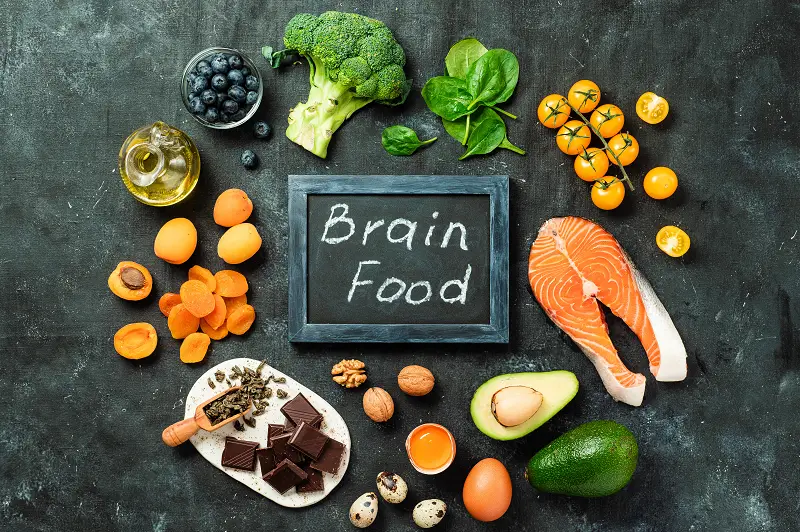
We’re letting you know that this post contains sponsored links which Your Savvy Purse receives compensation for, which may impact their order of appearance.
Maintaining cognitive health is essential as we age, and diet plays a crucial role in supporting brain function. While foods like leafy greens, berries, and fish rich in omega-3s are often highlighted for their brain-boosting benefits, there are also certain foods that can have the opposite effect, potentially contributing to memory loss and cognitive decline. In this blog post, we’ll explore four foods that may negatively affect your memory, and why you might want to reconsider them in your daily diet.
1. Sugary Foods and Drinks
A diet high in sugar can wreak havoc on your brain health. Consuming excessive amounts of sugar, particularly refined sugars found in sugary drinks, candies, and baked goods, has been linked to a decline in cognitive function. Research suggests that diets rich in sugar can lead to insulin resistance, which can impair memory and learning abilities. Moreover, high sugar levels may also cause inflammation in the brain, disrupting communication between brain cells and making it harder to retain and recall information.
How to Reduce:
- Swap sugary snacks and beverages for whole fruits or nuts.
- Opt for water, herbal teas, or homemade smoothies instead of sugary sodas or juices.
2. Trans Fats (Partially Hydrogenated Oils)
Trans fats, commonly found in processed and packaged foods like baked goods, snack foods, and fried foods, are another culprit that can negatively affect brain health. These unhealthy fats can promote inflammation in the body and brain, potentially leading to memory problems. Studies have shown that a diet high in trans fats may impair cognitive function and contribute to the development of Alzheimer’s disease. Trans fats can also negatively affect blood circulation, limiting the amount of oxygen and nutrients that reach the brain.
How to Reduce:
- Check food labels for trans fats or partially hydrogenated oils, and limit your consumption of processed and fast foods.
- Choose healthier fats, such as olive oil, avocado, and nuts.
3. Highly Processed Meats
Cold cuts, sausages, and other processed meats are high in preservatives like nitrates and nitrites, which have been associated with cognitive decline and memory loss. These chemicals can interfere with the blood-brain barrier, allowing toxins to enter the brain, where they can contribute to damage and inflammation. Additionally, these meats are often high in saturated fats and sodium, which can increase the risk of cardiovascular diseases, potentially affecting brain function.
How to Reduce:
- Opt for lean, unprocessed protein sources like chicken, turkey, or plant-based alternatives.
- If you do consume processed meats, do so in moderation and look for nitrate-free options.
4. Alcohol
While moderate alcohol consumption may have some health benefits, excessive drinking can significantly impair memory and cognitive function. Alcohol is a neurotoxin that can damage brain cells over time, especially when consumed in large quantities. Chronic alcohol abuse has been linked to memory loss, cognitive decline, and even conditions like Wernicke-Korsakoff syndrome, a type of brain disorder often associated with alcohol use.
How to Reduce:
- If you drink, limit alcohol consumption to recommended levels—no more than one drink per day for women and two for men.
- Try to have alcohol-free days each week to give your brain and body time to recover.
Final Thoughts
Maintaining a healthy diet is one of the most effective ways to protect your brain and memory as you age. While it’s important to enjoy a variety of foods, being mindful of those linked to memory loss can make a difference in preserving cognitive function over time. Focus on a balanced diet that includes plenty of fruits, vegetables, whole grains, and healthy fats to promote optimal brain health.
By reducing your intake of sugary foods, trans fats, processed meats, and alcohol, you can help safeguard your brain and memory for years to come.



